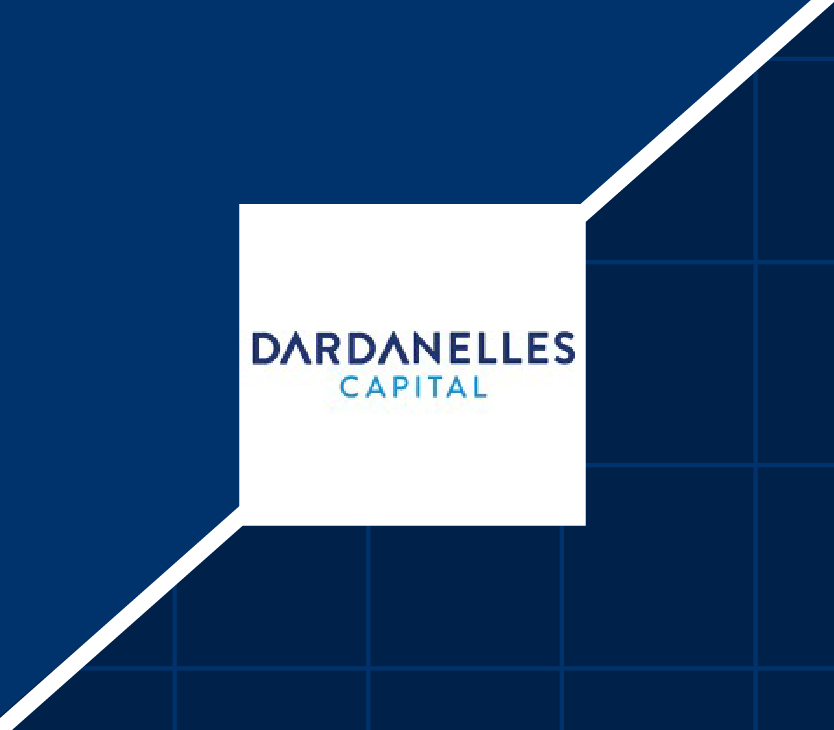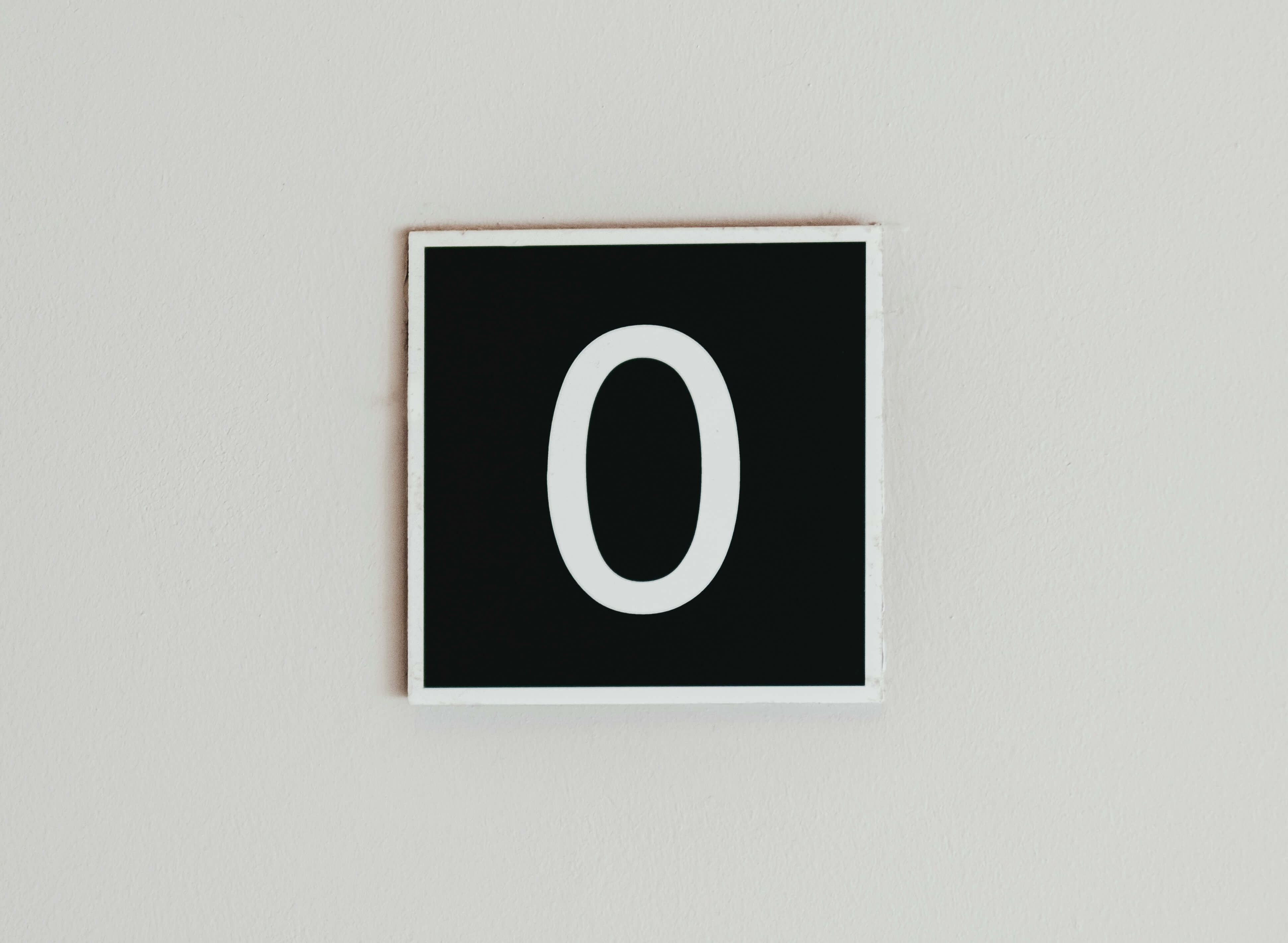The Role Of Diversity In A Better Future
In this article, Cameron Hight discusses the Genetic Algorithm (GA), a fine-tuned method of making educated guesses, analyzing the results, and then using that information to make more guesses until a final set of “optimal” results is found.
The future is like a complex algorithm with virtually infinite variables. Mankind does not know the optimal inputs for the variables. Nature controls a large number of the most powerful variables, but mankind can shape many others. One way to think of the future is that mankind is in a constant search for the optimal set of inputs to determine the future. This is not a conscious goal, but if you think about it, each individual, in their own tiny part of the world, is influencing the future by making decisions every day. Each decision affects a variable in the algorithm that results in our future. To determine the optimal set of variables, mankind uses a crude genetic algorithm (of course without knowing it) to search for the optimal set of inputs.
From Wikipedia: “A genetic algorithm (GA) is a search heuristic that mimics the process of natural evolution. This heuristic is routinely used to generate useful solutions to optimization and search problems. Genetic algorithms belong to the larger class of evolutionary algorithms (EA), which generate solutions to optimization problems using techniques inspired by natural evolution, such as inheritance, mutation, selection and crossover."
A genetic algorithm (GA) is pretty much a fine-tuned method of making educated guesses, analyzing the results, and then using that information to make more guesses until a final set of “optimal” results is found. Each variable has a range of possible inputs. The GA will randomly mutate variables to make sure it isn’t going down a sub-optimal path. Mankind is similar in that its seemingly chaotic nature allows for a wide range of inputs. This wide range (diversity) and chaos (mutations) allows for more optimal results without getting stuck in rut (local minima). With diversity and chaos, the world is able to keep variables from falling into ruts and settling on sub-optimal solutions. This is why it is important to have Type As and Type Bs, OCDs and slobs, democrats and republicans. Each play their part in making the range of inputs as wide as possible.
Without differing opinions, the algorithm has no method to optimize the final results. It takes extreme inputs with sometimes horrific results for the system to purge sub-optimal paths (slavery, eugenics). Just like it also requires extreme inputs to find sea-change pulls towards optimality (democracy, language). So next time you get frustrated by an extremist pundit you don’t agree with, realize that they serve an important purpose in society. Without them and everyone else, the future would be sub-optimal. And if you still want to call them a name, call them what they probably are, a mutation.
.svg)







